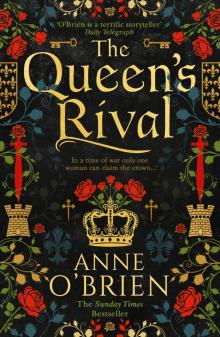 The Queen's Rival
The Queen's Rival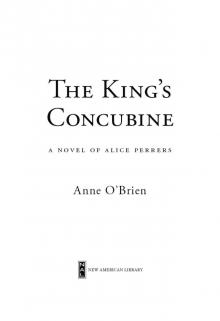 The King’s Concubine: A Novel of Alice Perrers
The King’s Concubine: A Novel of Alice Perrers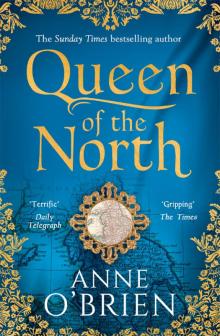 Queen of the North
Queen of the North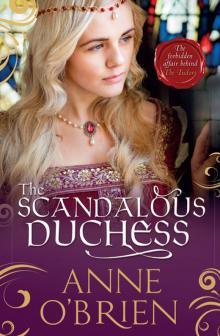 The Scandalous Duchess
The Scandalous Duchess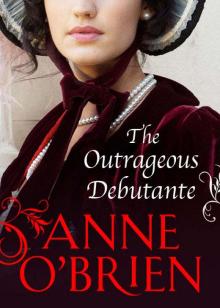 The Outrageous Debutante
The Outrageous Debutante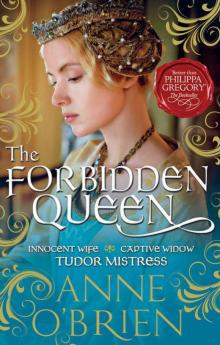 The Forbidden Queen
The Forbidden Queen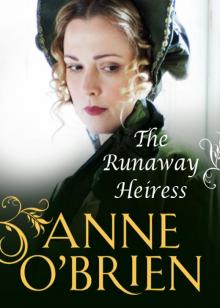 The Runaway Heiress
The Runaway Heiress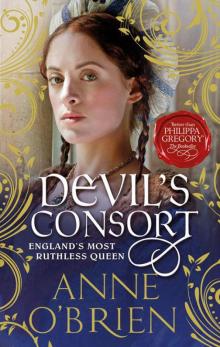 Devil's Consort
Devil's Consort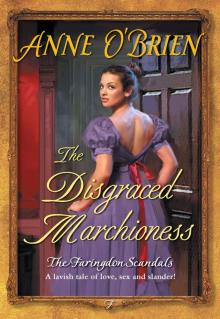 The Disgraced Marchioness
The Disgraced Marchioness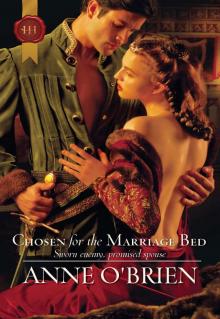 Chosen for the Marriage Bed
Chosen for the Marriage Bed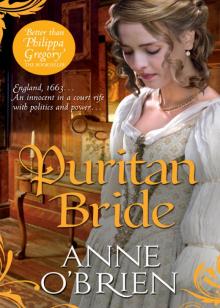 Puritan Bride
Puritan Bride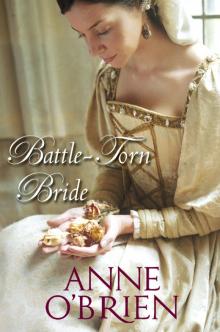 Battle-Torn Bride
Battle-Torn Bride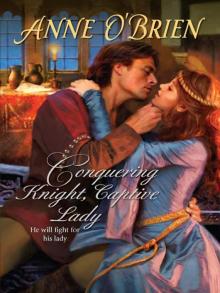 Conquering Knight,Captive Lady
Conquering Knight,Captive Lady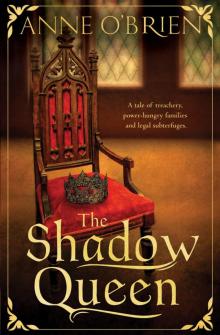 The Shadow Queen
The Shadow Queen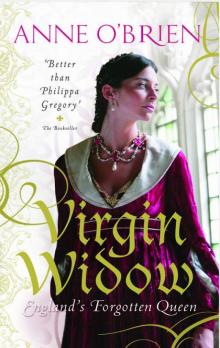 Virgin Widow
Virgin Widow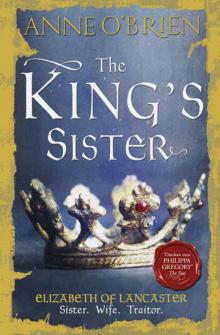 The King’s Sister
The King’s Sister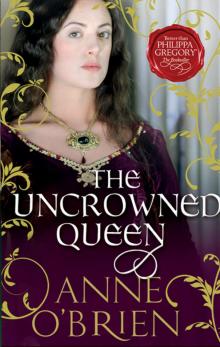 The Uncrowned Queen
The Uncrowned Queen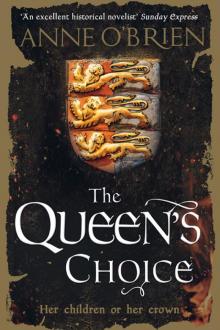 The Queen's Choice
The Queen's Choice